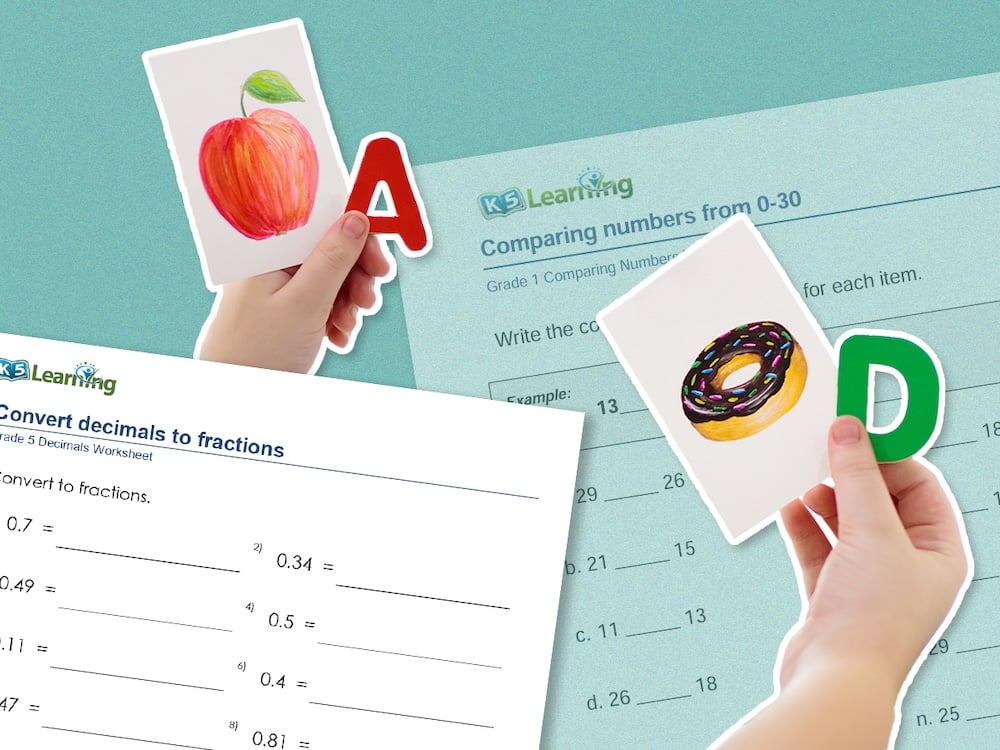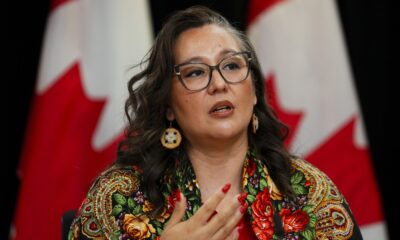Education
Math and Reading Scores Drop in British Columbia Schools

Recent data indicates a troubling decline in math and reading scores among students in British Columbia. The latest results from the Foundation Skills Assessment (FSA) show significant drops in performance for both subjects, raising concerns among educators and policymakers alike. This trend, which spans multiple grades, necessitates urgent discussions about potential solutions.
According to the Ministry of Education, the average scores for students in grades 4 and 10 fell sharply from 2022 to 2023. In reading, the proportion of students meeting expectations decreased from 77% to 73% for grade 4, while grade 10 scores plummeted from 66% to 61%. Mathematics scores showed a similar trajectory, with only 61% of grade 4 students achieving expected levels, down from 67% the previous year. For grade 10 students, the decline was even more pronounced, decreasing from 58% to 54%.
These declines raise critical questions about the underlying factors contributing to this trend. Educators attribute some of the downturn to the disruptions caused by the COVID-19 pandemic, which significantly impacted classroom learning and student engagement. Many students faced challenges with online learning, leading to gaps in their educational foundation.
Identifying the Challenges
In addition to pandemic-related issues, a lack of resources in schools has been highlighted as a contributing factor. Some educators argue that the decrease in funding for educational programs has limited the ability to provide necessary support for students struggling with foundational skills. Furthermore, a growing emphasis on standardized testing may not align with effective teaching methods, which can impede student learning.
Parents and community members have expressed concerns about the implications of these declining scores. Many worry that without swift intervention, students may struggle to compete academically as they progress through their education. This concern is especially pronounced among those in lower-income areas, where educational resources are already limited.
Several education experts have proposed solutions aimed at addressing these challenges. Increased investment in early education programs, particularly in reading and math, is often cited as a critical step. By focusing on younger students, educators can help to build a strong foundation that will support future learning.
Proposed Solutions and Future Directions
Additional strategies include enhancing teacher training and providing ongoing professional development. Empowering educators with the latest teaching methodologies can lead to improved student outcomes. Schools are also encouraged to engage parents in their children’s education, fostering a collaborative approach that reinforces learning at home.
The government has initiated discussions on these issues, with plans to allocate more resources to schools in need. However, the success of these initiatives relies on effective implementation and the commitment of all stakeholders involved.
As British Columbia grapples with these declining scores, the focus on education remains paramount. Stakeholders from various sectors must come together to address the root causes and develop a cohesive strategy that prioritizes student learning. The future of education in the province depends on a collective effort to ensure that all students have the necessary skills to succeed.
-

 Politics4 weeks ago
Politics4 weeks agoSecwepemc First Nation Seeks Aboriginal Title Over Kamloops Area
-

 World5 months ago
World5 months agoScientists Unearth Ancient Antarctic Ice to Unlock Climate Secrets
-

 Entertainment5 months ago
Entertainment5 months agoTrump and McCormick to Announce $70 Billion Energy Investments
-

 Science5 months ago
Science5 months agoFour Astronauts Return to Earth After International Space Station Mission
-

 Lifestyle5 months ago
Lifestyle5 months agoTransLink Launches Food Truck Program to Boost Revenue in Vancouver
-

 Technology3 months ago
Technology3 months agoApple Notes Enhances Functionality with Markdown Support in macOS 26
-

 Lifestyle3 months ago
Lifestyle3 months agoManitoba’s Burger Champion Shines Again Amid Dining Innovations
-

 Top Stories2 months ago
Top Stories2 months agoUrgent Update: Fatal Crash on Highway 99 Claims Life of Pitt Meadows Man
-

 Politics4 months ago
Politics4 months agoUkrainian Tennis Star Elina Svitolina Faces Death Threats Online
-

 Sports5 months ago
Sports5 months agoSearch Underway for Missing Hunter Amid Hokkaido Bear Emergency
-

 Politics5 months ago
Politics5 months agoCarney Engages First Nations Leaders at Development Law Summit
-

 Technology5 months ago
Technology5 months agoFrosthaven Launches Early Access on July 31, 2025





















